Did you know beet juice might be able to help you in blood pressure management? Check out these top benefits of adding delicious beet juice to your diet.
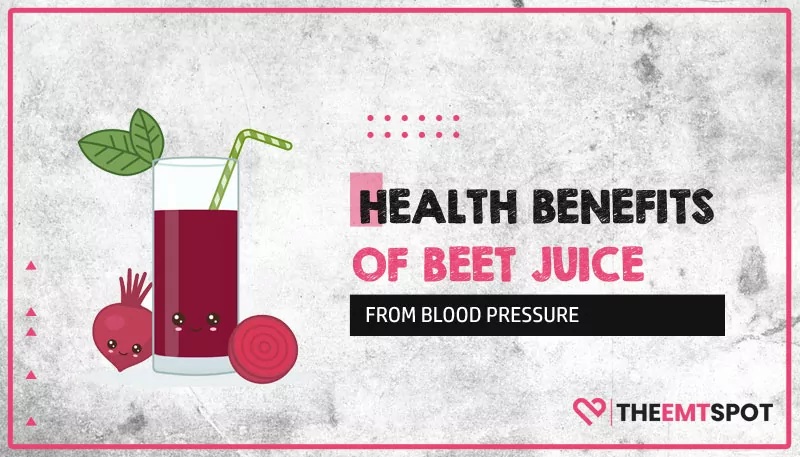
Quick Summary
- Due to the presence of nitrates in beet juice, studies have shown that it can help lower both systolic and diastolic blood pressure.
- According to a 2015 study, persons with heart failure who drank beet juice had a 13% boost in muscular power two hours later.
- Beet juice also contains sodium, zinc, and copper, all of which are essential for various body activities.
Did you know that drinking beet juice can help lower your blood pressure? That’s right. This humble root vegetable is packed with nutrients that can benefit your health in a number of ways.
Beet juice is rich in nitrates, which the body converts into nitric oxide. It also helps to relax and widen blood vessels, improving blood flow while reducing blood pressure.
If you wish to learn more about the benefits of beet juice for blood pressure, keep reading this guide.
Contents
Health Benefits Of Beet Juice
Though there are endless benefits to including a delicious glass of beet juice in your diet, here are the top 11:
Helps in lowering blood pressure
Beet juice is often lauded for its health benefits, and one of these is its ability to lower blood pressure. Many studies have shown that drinking beet juice can help reduce both systolic and diastolic blood pressure, thanks to its nitrates.
These nitrates are converted into nitric oxide in the body, which helps widen and relax blood vessels. So if you’re looking to keep your blood pressure in check, sipping on some beet juice may be a good idea!
Improves stamina
Beet juice is a well-known natural performance enhancer, and some science supports these claims. A small 2012 study found that drinking beet juice increased plasma nitrate levels and improved physical performance. Cyclists who took two cups of beet juice per day improved their 10-kilometre time trial by about 12 seconds.
At the same time, they also reduced their maximum oxygen output. So, if you’re looking to boost your workout, consider sipping on some beet juice before hitting the gym or going for a run.
Improves muscle power in heart failure
A new study suggests that beet juice may also help improve muscle power in people with heart failure. The 2015 study showed that people with heart failure who drank beet juice experienced a 13% increase in muscle power after 2 hours of consumption.
The researchers believe that the nitrates in beet juice are responsible for improved muscle power, as they help to dilate blood vessels and improve blood flow.
Slows the progression of dementia
Who would have thought that something as simple as beet juice could help slow the progression of dementia? According to a 2011 study, nitrates in beet juice may aid in boosting blood flow to the brain and decrease cognitive loss in elderly adults.
Brain MRIs also revealed increased blood flow in the frontal lobes when subjects received a high-nitrate meal that contained beet juice.
Helps to fight inflammation
Beet juice is high in pigments called betalains, which have powerful anti-inflammatory properties. This could benefit many aspects of health, as chronic inflammation has been linked with conditions like obesity, heart disease, liver disease, and cancer.
One study with 24 people with high blood pressure found that consuming a minimum of 8.5 ounces of beet juice for 2 weeks effectively reduced their markers of inflammation. This included C-reactive protein (CRP) and tumour necrosis factor-alpha (TNF-a).
Prevents cancer
Beets are rich in betalains, which are water-soluble antioxidants that have been shown to have chemo-preventive abilities against some cancer cell lines. Betalains are thought to scavenge free radicals and help to find and destroy the unstable cells in the body.
This may explain why beet juice is effective in fighting cancer.
Great source of potassium
Beets are an excellent source of potassium, a mineral and electrolyte that aids our nerves and muscles to function correctly. Drinking beet juice in moderation can also help in keeping our potassium levels at optimum, which is very important for our overall health and well-being.
Potassium is essential for many bodily functions, and if our levels get too low, we can start to experience fatigue, weakness, and muscle cramps. This is why it’s so important to make sure that we’re getting enough of this essential nutrient.
Improves digestive health
Beetroots are high in fibre, which helps to promote regularity and prevent digestive conditions like constipation, inflammatory bowel disease (IBS), and diverticulitis. Fibre also feeds friendly gut bacteria and adds bulk to stools, which are essential for a healthy digestive system.
Reduces cholesterol
Beet juice is rich in flavonoids and plant-based compounds with health-promoting properties. A recent study on rats found that beetroot extract lowered total cholesterol and triglycerides while increasing HDL (good) cholesterol levels.
The extract also reduced oxidative stress on the liver. Scientists believe that the phytonutrients in beet juice are responsible for its cholesterol-lowering potential. If you suffer from high cholesterol, consider adding beet juice to your diet.
Improves brain functions
Since beet juice is rich in nitrates, it has been shown to improve brain function by increasing blood flow to the brain. A study in people with type 2 diabetes found that those who consumed at least 8.5 ounces of beetroot juice daily for 2 weeks had a 4% faster reaction time during a cognitive function test than those in a control group. The improved blood flow may help protect the brain from age-related decline and neurodegenerative disorders such as dementia.
Powerhouse of nutrients
Beet juice is a nutritional powerhouse that provides numerous essential minerals for optimal health. For example, potassium is necessary for proper muscle and nerve function, while iron helps keep your immune system strong.
Furthermore, magnesium supports healthy bones and teeth, and manganese is involved in energy production. Beet juice also contains sodium, zinc, and copper, which are all important for different bodily functions.
Conclusion
There are many possible health benefits of drinking beet juice on a regular basis. One benefit is that it can help lower blood pressure since beets are a good source of nitrates, which convert into nitric oxide in the body.
Additionally, beetroot juice is a good source of antioxidants and other essential nutrients that can help to keep your blood pressure low. Beets are definitely a superfood when it comes to blood pressure reduction. So if you’re searching for a natural way to support your overall health, give beet juice a try.

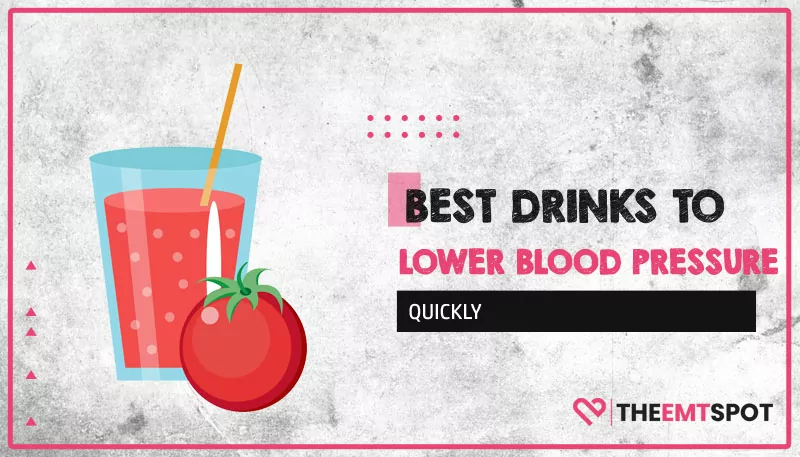
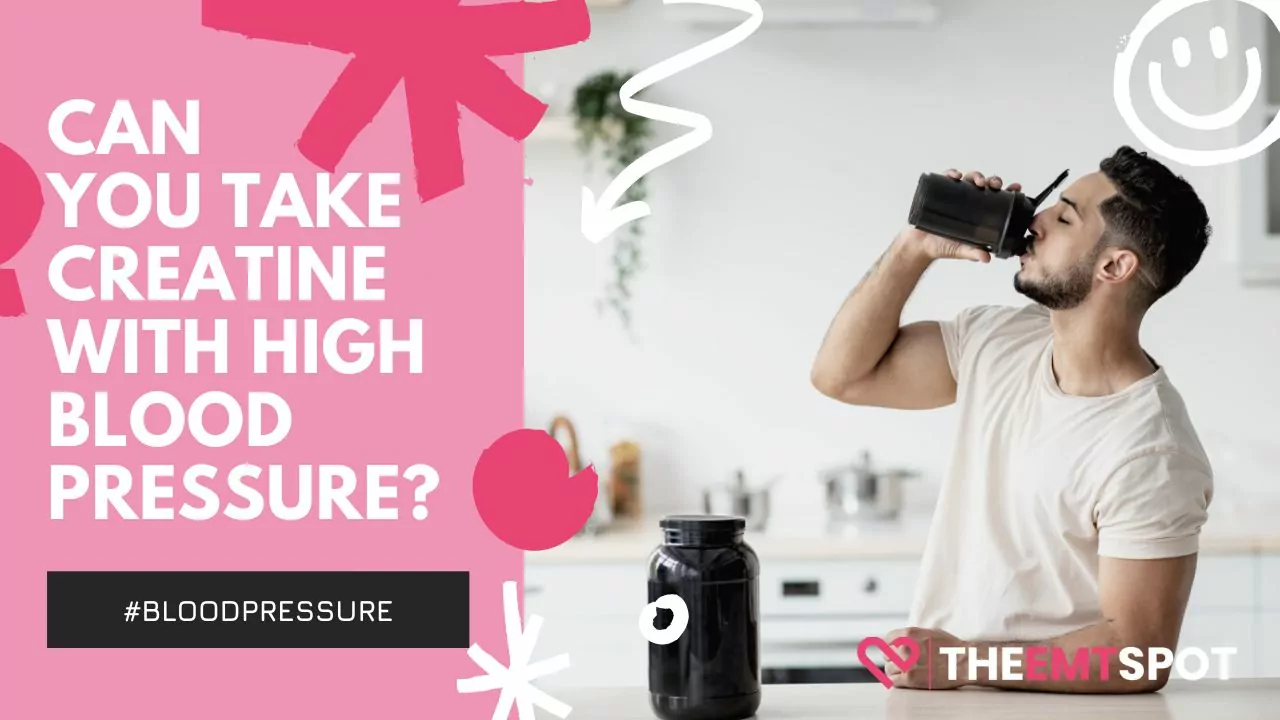
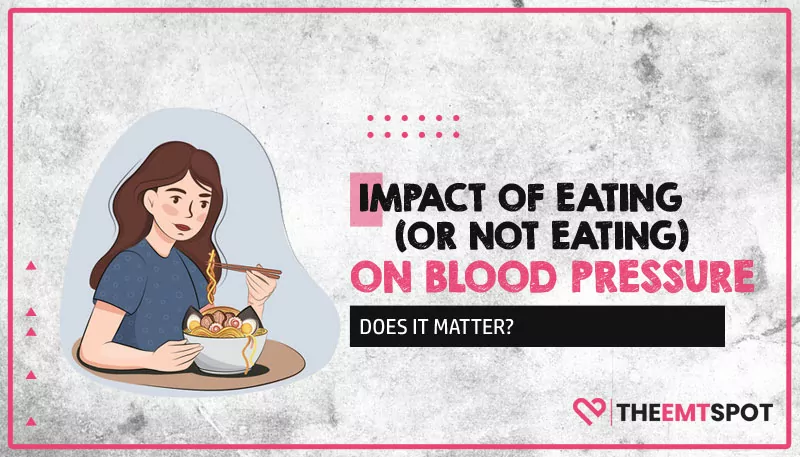
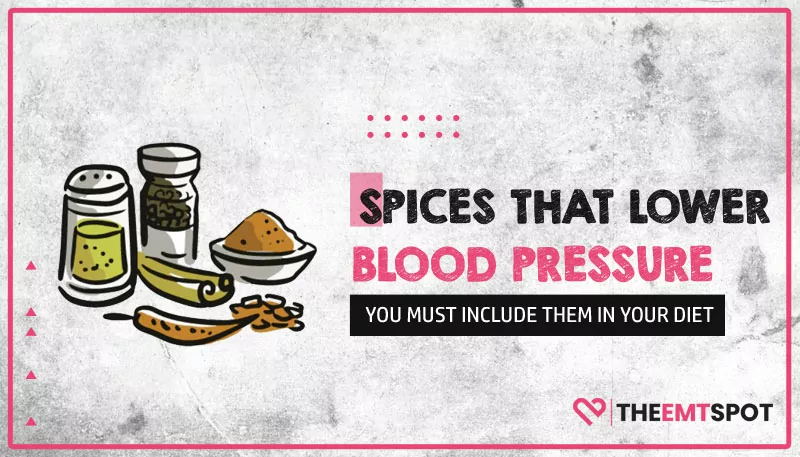
 Robin Backlund is a dedicated journalist and a medical student who has written several articles and essays exposing the falseness and hollowness of online resources in the medical science niche.
Robin Backlund is a dedicated journalist and a medical student who has written several articles and essays exposing the falseness and hollowness of online resources in the medical science niche.